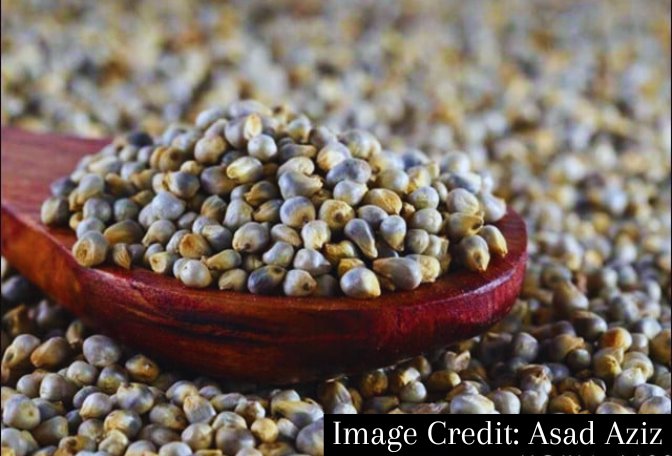 |
| millet |
The use of millet in the daily diet has many medicinal benefits for humans and many studies on this grain have found it useful in controlling weight gain, diabetes, heart disease and strengthening the body's immune system. went
According to a study, millet contains vitamins, beta-carotene and other nutrients that make it an excellent solution for malnutrition and obesity.
According to researchers, millet is rich in fiber and therefore an important source of complex starch or carbohydrates.
Experts say it is generally accepted that eating whole grains can help with weight loss. According to some researchers, the fiber and bioactive chemicals in millet grains suppress appetite and reduce the need to snack between meals, thus aiding weight loss.
According to research studies, millet also strengthens the body's immune system and protects against infection. Metal elements such as iron, magnesium, magnesium, phosphorus, potassium, copper, selenium and zinc found in millet are of key importance for the regularity of body functions.
The consumption of millet also helps to maintain and regulate the level of glucose in the body. According to research, millet has a lower glycemic index (GI) than other grains, which means it maintains and regulates blood glucose levels better than other grains.
Similarly, the use of millet is also said to be beneficial for the heart, and adding it to your daily diet can help normalize blood pressure, the fiber in it helps to keep cholesterol levels low and therefore heart health. Limit the risk of diseases.
Researchers say that millet has a great ability to eliminate waste from the body, due to which it also has anti-cancer properties.
According to experts, regular consumption of millet keeps digestion healthy and does not cause constipation, which is the root of many diseases.

